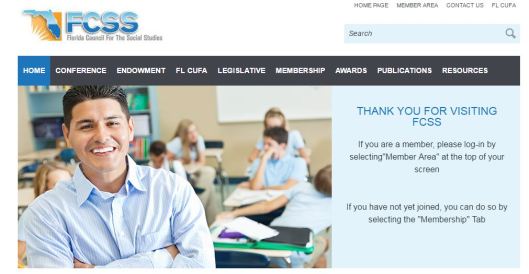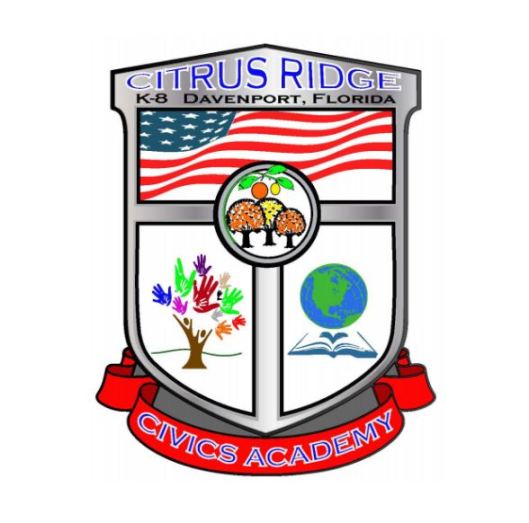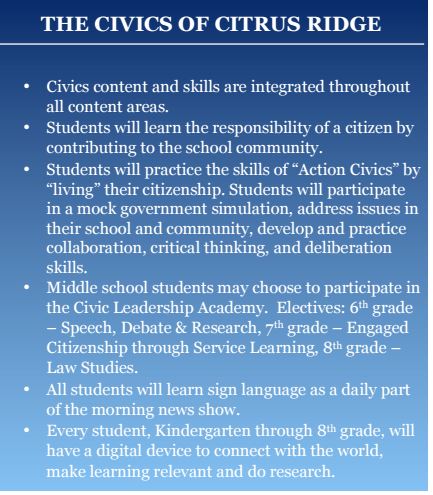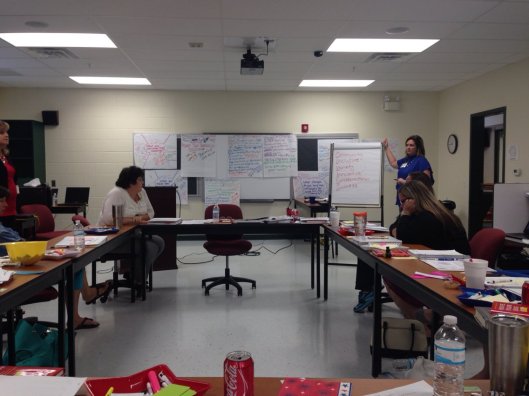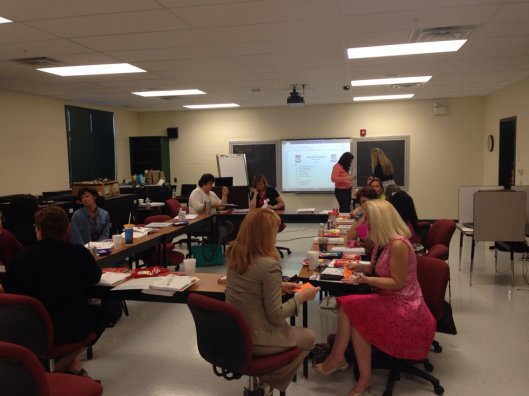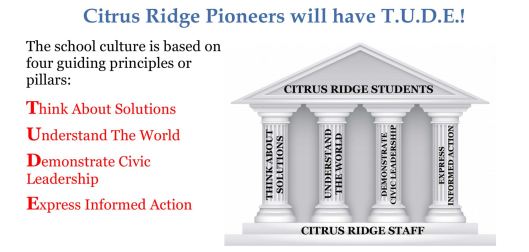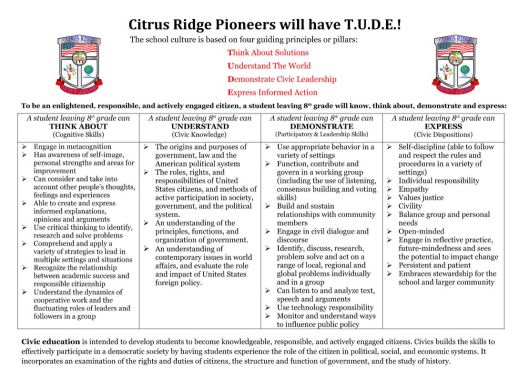Over the past few years, at the request of teachers and in an effort to address ongoing issues with social studies at the elementary level, the Florida Joint Center for Citizenship has worked to create resources for K-5 elementary teachers. Under the visionary work of our curriculum director. Ms. Valerie McVey, and in collaboration with teachers from across the state of Florida, we have three main tools for you to consider.
 Our K-5 Modules are extended lessons plans that are aligned with the Florida Next Generation Sunshine State Standards for Social Studies, as well as with the Language Arts Florida Standards (LAFS). If you are not a Florida teacher, you can adapt these lessons for use in your own classroom simply by reviewing the alignment to your own state standards, keeping in mind that the LAFS benchmarks are essentially a redraft of Common Core as well. These modules involve a great deal of work with text and text skills while exploring an essential question around a civics topic.
Our K-5 Modules are extended lessons plans that are aligned with the Florida Next Generation Sunshine State Standards for Social Studies, as well as with the Language Arts Florida Standards (LAFS). If you are not a Florida teacher, you can adapt these lessons for use in your own classroom simply by reviewing the alignment to your own state standards, keeping in mind that the LAFS benchmarks are essentially a redraft of Common Core as well. These modules involve a great deal of work with text and text skills while exploring an essential question around a civics topic.
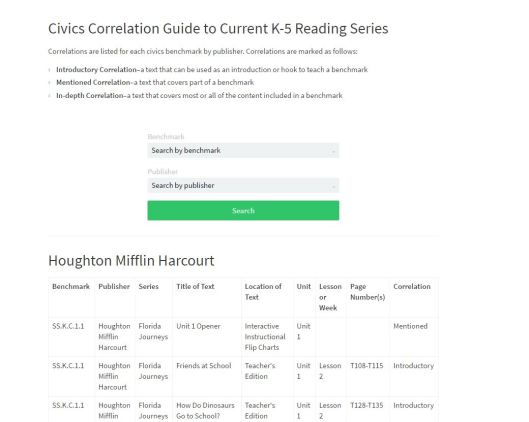 The Civics Correlation Guide to Current K-5 Reading Series is intended for Florida teachers and uses all of the current Reading series that have been adopted in Florida from Houghton-Mifflin-Harcourt, Pearson, Studies Weekly, and McGraw-Hill. You can search by benchmark and/or publisher, and you can see just how strong the correlations are. If you are not from Florida, I encourage you to review Florida’s elementary civics benchmarks here to see if you can use this resource in your own classroom.
The Civics Correlation Guide to Current K-5 Reading Series is intended for Florida teachers and uses all of the current Reading series that have been adopted in Florida from Houghton-Mifflin-Harcourt, Pearson, Studies Weekly, and McGraw-Hill. You can search by benchmark and/or publisher, and you can see just how strong the correlations are. If you are not from Florida, I encourage you to review Florida’s elementary civics benchmarks here to see if you can use this resource in your own classroom.

Civics in a Snap! For when you have just enough time to help your kids learn about being good citizens!
Civics in a Snap is our newest resource, developed in the summer of 2015 in collaboration with elementary teachers from Dade and Pinellas Counties here in Florida. The intent of these lessons, which are also aligned with language arts standards, is to provide teachers with quick 15 to 20 minute lessons aligned with Florida’s elementary civics benchmarks. Our hope and belief is that every teacher can find 15 minutes in a week to teach kids what it means to be a citizen!
So, how do you access all this awesome stuff? Well, our good friend from Bay, Alana Simmons, was kind enough to create this overview, and we want to share this with you. Simply follow the directions below to complete your free registration and explore to your heart’s content! You can access the sign up page here!

Questions about any of our resources, materials, or civics in Florida and beyond can be directed to Steve Masyada here at the FJCC!


